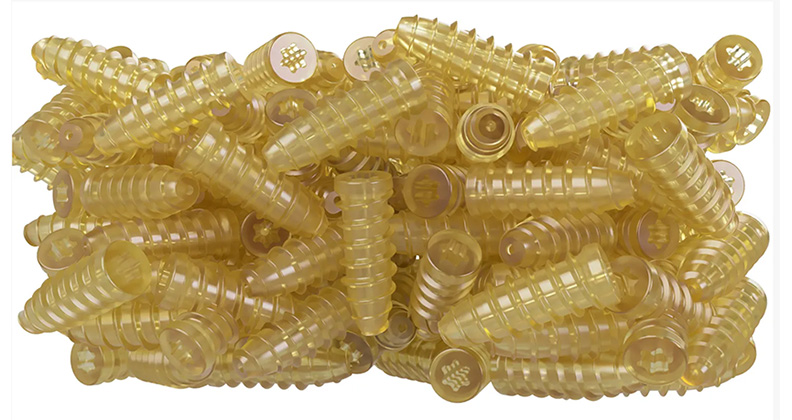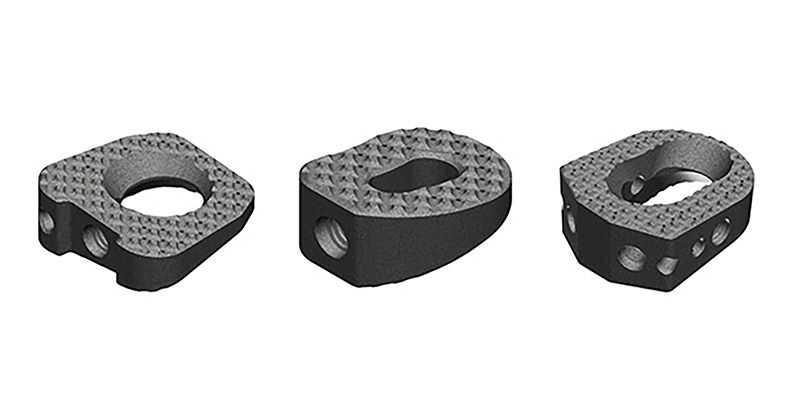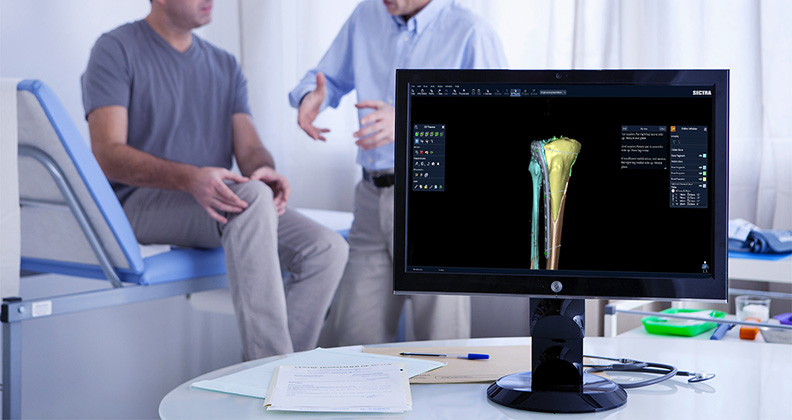
4D Medicine, a spin-out from the Universities of Birmingham and Warwick has raised £3.4 million (~USD $4.4 million) in a Series A investment. The funding round will enable the company to complete preclinical testing of its first product range and seek FDA clearance for entry into the US market.
The latest funding brings the total raised to date to £5 million. The company is now preparing to raise a Series B investment early next year.
4D’s biomaterial has the potential to be used for a wide range of 3D-printed implants and surgical devices. Its 4Degra product is a resorbable biomaterial that is being used to develop implants such as orthopedic devices or soft tissue scaffolds to help patients recover from surgery or injuries. Preliminary testing has shown that as healing progresses, the biomaterial gradually erodes and is resorbed by normal metabolic processes as natural tissue grows back in its place.
Compared to existing resorbable biomaterials used for implants, 4Degra degrades gradually, starting from the surface, and does not release harmful acidic by-products.
4Degra can be 3D printed to create complex geometries. As it can be produced in both soft and hard formulations, it also has the potential to be used for flexible products such as films and membranes or where a more rigid product is required, such as plates, pins and bone scaffolds.
4D Medicine was founded in 2020 as a spin-out from the Universities of Birmingham and Warwick and is now based in Nottingham.
Philip Smith, the company’s CEO, commented: “I would like to thank all our investors for their trust and support. Our success in continuing to raise investment despite the difficult market conditions over the last few years is testament to their belief in the company’s commercial potential and our world-class team. The funds will be used to complete the pre-clinical testing of our first medical device product range and our preparations for entry into the orthopaedic market.”
Didier Cowling, Partner at Oshen Holdings added: “We were delighted to lead this deal and we look forward to working with the 4D team. The company is now poised to make a substantial impact in the bioresorbable medical device space. We believe that 4Degra is a real game-changer that is enabling 4D to develop novel bioresorbable medical devices with unique properties.”
Source: University of Birmingham
JAV
Julie A. Vetalice is ORTHOWORLD's Editorial Assistant. She has covered the orthopedic industry for over 20 years, having joined the company in 1999.




